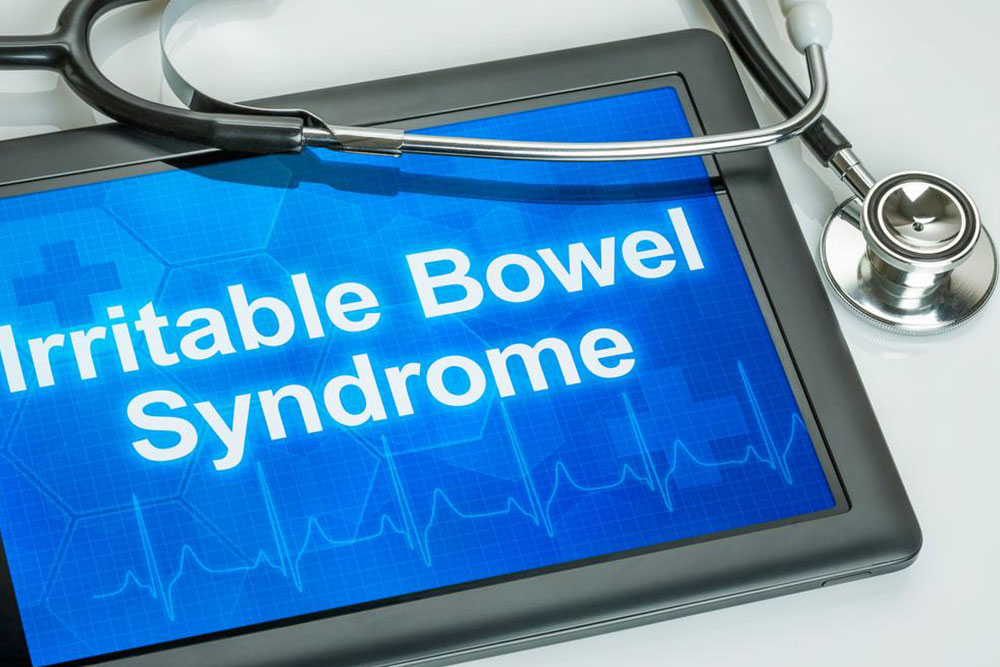Comprehensive Guide to Recognizing and Managing Symptoms of Irritable Bowel Syndrome
This comprehensive guide explores the symptoms of irritable bowel syndrome (IBS), including abdominal pain, irregular bowel habits, bloating, and dietary triggers. Understanding these signs helps in early diagnosis and management, which is vital for improving quality of life. The article also discusses how symptoms fluctuate and provides insights into effective lifestyle and dietary adjustments to control IBS. Recognizing the diverse presentation of IBS is key to seeking timely medical intervention and tailored treatment strategies for long-term relief.

Comprehensive Guide to Recognizing and Managing Symptoms of Irritable Bowel Syndrome
Understanding the key indicators and symptoms of irritable bowel syndrome
Irritable bowel syndrome (IBS) is a widespread functional gastrointestinal disorder that predominantly targets the large intestine, also known as the colon. It is characterized by a diverse array of symptoms that can significantly impact daily life. Recognizing the symptoms early can help in managing the condition effectively and seeking appropriate medical intervention. IBS affects millions worldwide, regardless of age or gender, making awareness and education crucial.
The manifestation of IBS symptoms varies widely among individuals, ranging from mild inconveniences to severe, debilitating episodes. Mild symptoms can often be controlled through dietary modifications and lifestyle adjustments, while more severe cases may necessitate medications, therapies, or even hospitalization. It is important to understand the nuances of IBS symptoms to differentiate them from other gastrointestinal disorders and to facilitate timely diagnosis and management.
Key Symptoms of Irritable Bowel Syndrome
Recognizing the hallmark symptoms of IBS is essential for early diagnosis and treatment. These key indicators include persistent abdominal pain, abnormal bowel movements, bloating, and other gastrointestinal irregularities. The presentation of these symptoms can fluctuate over time, with periods of exacerbation and remission, often making it challenging to pinpoint the condition without medical evaluation.
Below are some of the most common and recognizable symptoms associated with irritable bowel syndrome:
Abdominal Pain and Cramping
Abdominal discomfort is often the primary symptom reported by IBS sufferers. This pain is usually crampy, intermittent, and centralized in the lower abdomen. It often worsens after eating and tends to improve after bowel movements, which helps differentiate it from other types of abdominal pain. The pain results from abnormal signals between the brain and the gut, leading to heightened sensitivity and irregular motility.
Altered Bowel Habits: Diarrhea and Constipation
IBS is characterized by significant changes in bowel movement patterns. Approximately one-third of patients experience diarrhea, which involves frequent, watery stools often accompanied by mucus and urgency. This diarrhea phase can sometimes lead to bowel incontinence if not managed properly. Conversely, over half of the patients suffer from constipation, experiencing infrequent bowel movements—fewer than three per week—and difficulty passing stool due to slowed transit time. These irregularities often occur in cycles, with some patients alternating between diarrhea and constipation, a condition known as mixed IBS.
Sensation of Incomplete Evacuation
Many IBS patients report a persistent feeling of incomplete bowel emptying, even after passing stool. This sensation can lead to straining and repeated attempts to defecate, creating discomfort and impacting quality of life.
Gas, Bloating, and Distention
Excessive gas production is common in IBS and contributes to bloating and abdominal distention. These symptoms are compounded by increased intestinal sensitivity to gas, leading to discomfort and visible swelling in the abdomen. Bloating tends to fluctuate, often worsening after meals or during periods of symptom flare-up.
Variations in Stool Consistency
Stool appearance varies considerably among IBS patients. Some may experience loose, watery stools, while others have hard, dry feces. The consistency depends on the transit speed through the colon; rapid transit results in diarrhea, whereas slowed transit leads to constipation. Mucus in stool is another specific indicator, often present during IBS episodes and contributing to the slimy appearance of bowel movements.
Dietary Factors and Triggers
Diet plays a crucial role in managing IBS symptoms. About 70% of patients notice that certain foods worsen their symptoms. Common triggers include caffeine, dairy products high in lactose, gluten-containing grains, fatty foods, and artificial sweeteners. However, many individuals can tolerate certain foods without issue, highlighting the importance of personalized dietary management. Recognizing and avoiding these triggers can significantly reduce symptom severity and improve overall comfort.
Additional Symptoms and Variations
Other less common symptoms may include nausea, fatigue, and urinary urgency. Mental health factors such as stress or anxiety often exacerbate IBS symptoms, creating a cycle that magnifies discomfort. Variations in symptoms are influenced by lifestyle, diet, stress levels, and other individual factors.
In conclusion, understanding the diverse symptoms of irritable bowel syndrome is crucial for effective management and improving quality of life. Accurate diagnosis often requires ruling out other gastrointestinal conditions, and treatment typically involves dietary modifications, lifestyle changes, and sometimes medication. If you experience persistent gastrointestinal symptoms, consulting a healthcare professional is essential for proper evaluation and personalized treatment planning.





